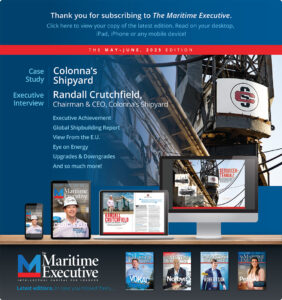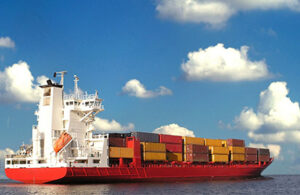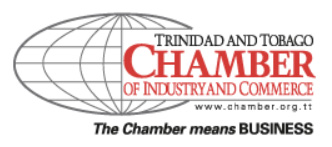Port of Spain, Trinidad– The Port Authority of Trinidad and...
Read More

SATT
About UsSATT
The dynamic and interconnected nature of the maritime industry calls for an equally dynamic local body with the appropriate global mindset to effectively lead the development of the industry at the national level.
The Shipping Association of Trinidad and Tobago (SATT) proves to be more than an able leader in this regard by providing a range of services aimed at delighting its membership.
Today, the SATT contributes to the development of the local maritime industry and by extension national development through the provision of the following critical services to its membership.
- Services we provide -
The SATT’s membership is categorized into three groups
-
Group A
Ship Agents, Ship Managers, Ship Brokers; Ship Owners and/or Ship Operators
-
Group B
Port, Dock and Terminal Operators
-
Group C
Service Companies and those individuals, firms, trade unions, corporations and associations who are engaged directly in the maritime or shipping industries in T&T and whose business does not qualify them for membership in either Group A or Group B in respect of such business e.g. maritime surveyors, chandlers, consolidators and NVOCCs.
- Latest News & Events -
St. George’s College Career Day
The Shipping Association of T&T recently participated in a Career...
Read MoreBeetham Estate Government Primary School Career Day
Creating a lasting impression through positive guidance and direction from...
Read MorePublic Notice – PATT Health Fair
We’re thrilled to have a successful Health Fair. We sincerely...
Read More























